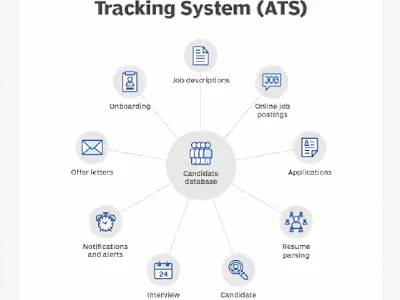Payroll Specialist
Payroll Processing: Handle the entire payroll process, including data entry, timesheet verification, calculation of wages, and distribution of paychecks.
Tax Compliance: Ensure compliance with federal, state, and local payroll tax requirements. This involves calculating and withholding income taxes, Social Security, Medicare, and other deductions, then submitting these to the appropriate authorities.
Benefits Administration: Manage employee benefits, such as health insurance, retirement plans, and other deductions. This may include coordinating with benefits providers and ensuring accurate payroll deductions.
Record Keeping: Maintain accurate payroll records, including employee information, tax documents, and payment histories. This is crucial for audits and compliance with regulations.
Issue Resolution: Address payroll-related inquiries from employees, such as questions about pay discrepancies, tax withholdings, and benefits. This often involves troubleshooting and resolving any payroll errors.
Regulatory Compliance: Keep up-to-date with payroll-related laws and regulations to ensure compliance and avoid penalties. This includes labor laws, tax codes, and employment regulations.
Like this project
Posted Apr 30, 2024
Payroll Specialist's role varies based on the platform but generally involves processing payroll, managing benefits, ensuring compliance, and finalizing payroll
Likes
0
Views
1





